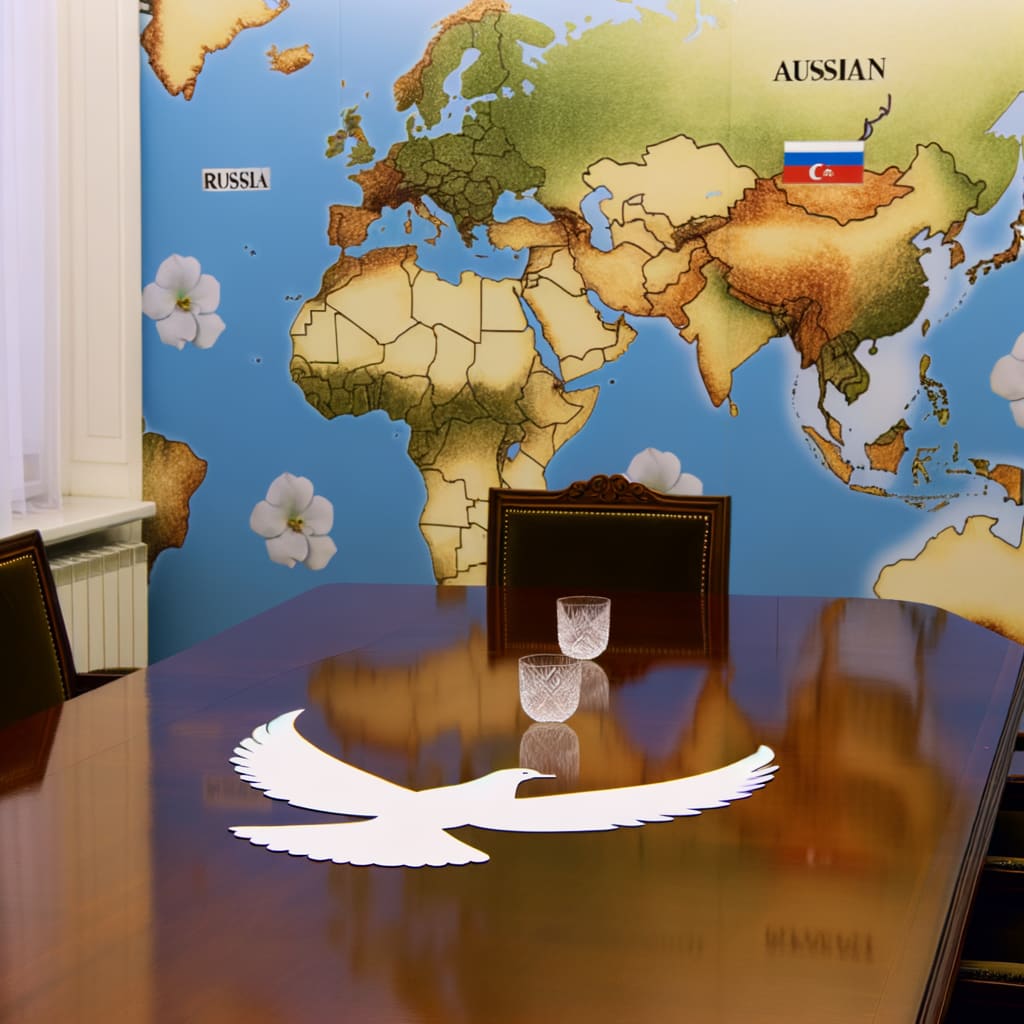Russia Admits to Downing Azerbaijani Plane, Killing 38
In a rare admission, Russian President Vladimir Putin has accepted that Russia's air defenses were responsible for the 2024 crash of an Azerbaijani passenger plane. The crash, involving an Embraer E-190 aircraft from Azerbaijan Airlines, resulted in the deaths of 38 people. Putin has promised to compensate the families of the victims and the Azerbaijani state.
Background
The Embraer 190 passenger plane, operated by Azerbaijan Airlines (AZAL), was en route from Baku to Grozny when it crashed near the Kazakh city of Aktau on December 25, 2024. The crash, which occurred in Russian airspace, was initially shrouded in mystery, with investigations underway to determine its cause.
Key Developments
Putin revealed that two Russian missiles had detonated near the plane, leading to the tragic incident. He linked the firing of the missiles to the spotting of a Ukrainian drone in the area, suggesting that the passenger plane might have been mistaken for the drone by their air defences.
Missiles exploded a few meters away from the plane, which was then hit by fragments,
Putin explained. He further stated that the black box recordings showed that the crew had declined to land in Makhachkala before the crash.
Reactions and Implications
Putin's admission of Russian culpability in the crash has been met with varied reactions. Azerbaijani President Ilham Aliyev expressed gratitude to Putin for his transparency and for taking the investigation under his personal control. He also expressed confidence in the objectivity of the investigation.
Putin's admission comes at a time of strained relations between Russia and Azerbaijan, two former Soviet states. It is unclear yet what impact this development will have on their relations.
Compensation and Future Steps
In addition to acknowledging Russia's role in the crash, Putin committed to providing compensation to the families of the victims and the Azerbaijani state. He also invited Aliyev to discuss the crash and reiterated his apologies for the tragic incident.
However, Putin stopped short of acknowledging responsibility for the incident, referring to it as a tragic incident
rather than a deliberate act.
Conclusion
This incident marks one of the few times Russia has admitted its military's role in a fatal event, and could set a precedent for future incidents. As investigations continue, the world will be watching to see how Russia fulfills its promise to compensate those affected and what measures it will take to prevent such incidents in the future.

